#byronic characters
Note
How is Kylo Ren not a worst lover then the other dudes?? Did they try to kill their girls?
TWs: Rape mention, abuse, trauma, suicide mention, the Holocaust
[Context]
Anon, buddy, attempted murder is generally not an insurmountable deal-breaker for enemies-to-lovers shippers — especially those in the Star Wars fandom, who ship pairings like Obikin, Kalluzeb, and WolfWren.
Regarding Kylo's dynamic with Rey, these two are your standard Star Wars arch-enemies that tried to kill each other a la the ships mentioned above.
And unlike the love interests I deemed way more problematic than him,
KYLO DID NOT...
• ...abuse Rey. (Christian Grey, Ahmed Ben Hassan, Derek Hawke)
• ...try to control Rey in the manner of a control-freak boyfriend. (Grey, Hassan, and Hawke)
• ...rape Rey. (Grey, Hassan, Hawke, and Aric von Schmidt*)
Schmidt may not have forced himself on his lover, but the Nazi concentration camp commandant's relationship with a Jewish prisoner falls under dubious-consent, at best.
• ...victim-blame Rey. (Grey and Hawke)
• ...own Rey. She wasn't his literal property. (Derek Hawke)
• ...sell Rey (out of spite) to someone he thought was gonna put her in a brothel. (Derek Hawke)
• ...hit Rey to punish her. (Derek Hawke)
Hawke would have given the woman he liked a "very sound beating" (his words), if a random copperhead had not bitten him just in the nick of time. Sadly, he survived.
Kylo and Rey fought each other on the battlefield as warriors. Equals.
Hawke's lover was his indentured servant.
• ...blame Rey for his own actions, after killing someone she cared about. (Derek Hawke)
• ...kidnap and hold Rey captive with the main intention of making her suffer. (Ahmed Ben Hassan)
• ...torment Rey because he was prejudiced towards her people. (Ahmed Ben Hassan)
• ...give Rey PTSD. (Hassan and Schmidt)
Schmidt kept the Jewish heroine in a concentration camp, of course she would have PTSD! He'd be heavily at fault for that due to his role as the bloody camp commandant.
• ...break Rey. (Hassan and Hawke)
I'm including Hawke here, given the negative impact his relationship with the herione had on her mental health.
Her thoughts on the matter: "I had loved Derek Hawke for years. I had given myself to him myself to him heart and soul and he had savaged them both, leaving a wreck, a shell of a woman."
• ...have Rey sign a non-disclosure agreement, wherein she wasn't allowed to tell anyone about her relationship with him. (Christian Grey)
• ...make Rey tolerate his crappy behavior towards her. (Grey, Hassan, and Hawke)
• ...pressure Rey into marrying him. (Grey and Schmidt)
• ...have Rey do things she wasn't fine with. (Grey, Hassan, Hawke, Schmidt)
• ...call Rey an ethnic slur. (Aric von Schmidt)
• ...make Rey attempt suicide as a "way out". (Ahmed Ben Hassan)
• Kylo and Rey's relationship didn't become positive whilst she was his prisoner. (Hassan, Hawke*, and Schmidt)
Hawke's indentured servant developed feelings for the asshole when she was his property.
So yeah, I hope this post puts into perspective how inoffensive Kylo is compared to other love interests.
24 notes
·
View notes
Text
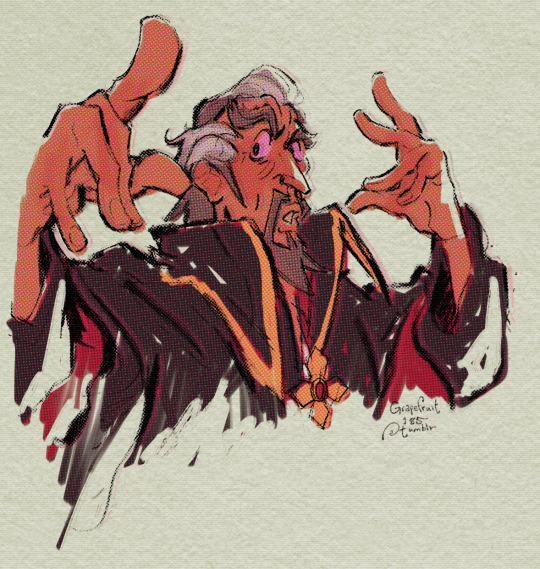
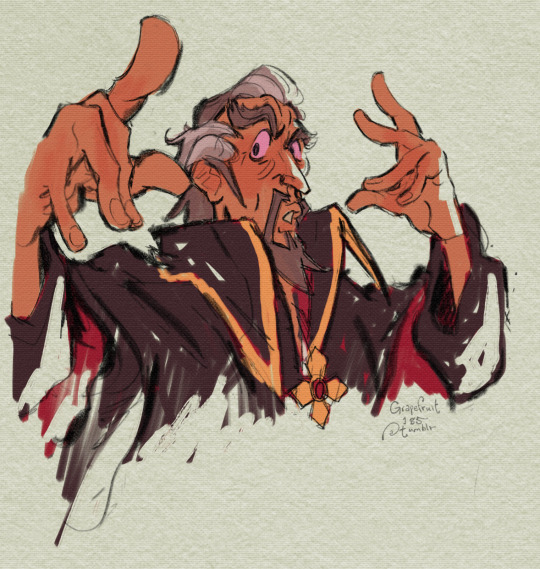
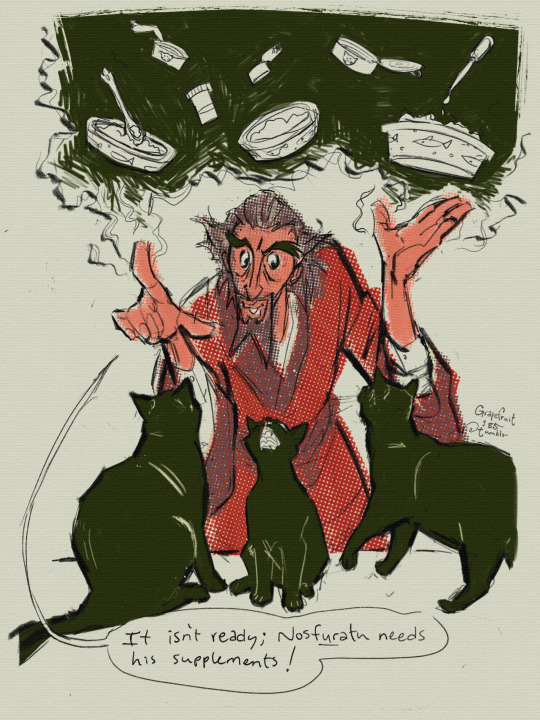
orpheus morpheus go eat some walruseses.... ORIFICES... Orpheus drinkin a 40 in a death basket! AH
#venture bros#byron orpheus#fanart#adult swim#love this guy. hes so sweet to his goth daughter AND he looks like dracula AND he likes cats???? cool dude. A+ character right there
2K notes
·
View notes
Text
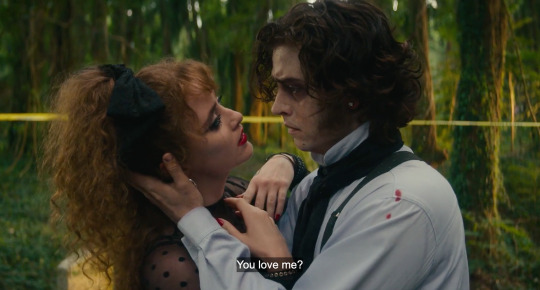
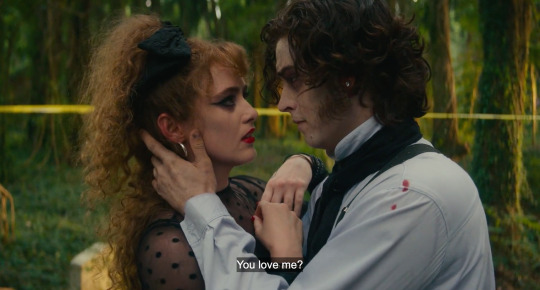
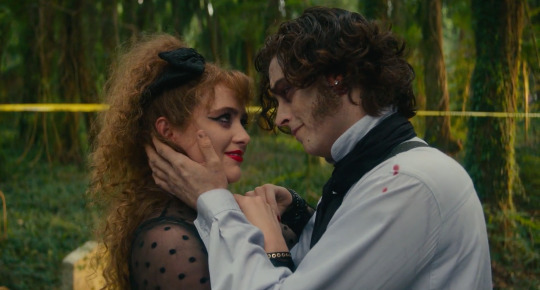
Lisa Frankenstein, 2024, dir. Zelda Williams
#how dare this movie make me care about a byronic character#horror aesthetic#horror movies#horror quotes#lisa frankenstein
398 notes
·
View notes
Photo
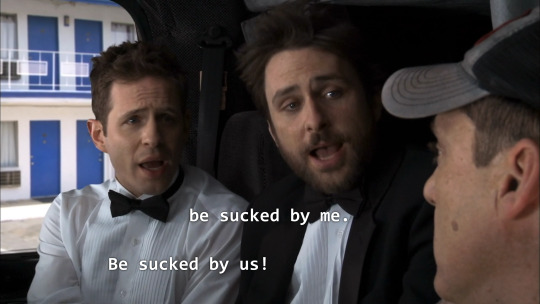
#charden#chardennis#charlie kelly#dennis reynolds#iasip#always sunny#this is a draft from 2016 LMFAO#im trying to clear them out ;o;#the gang gets stranded in the woods#byron#screencap#shitpost#I MISS YOU NETFLIX CAPTIONS I MISS YOU SO FUCKING MUCH#the bEST sunny cc available....now im stuck with the TRASH that is hulu or amazon UGHHH look how much character th netflx ones hav#i HATE YOU WHY DID U TAKE SUNNY OFF#if i wanna keep taking caps i might start vpn watching uk netflix bcuz i srsly cant fukcing stand the other cc
192 notes
·
View notes
Note
Can you draw Dr. Girlfriend and Dr. Orpheus? ❤️


Done :)
#this is my sister I made her go through the system to make a request#sheila's gotta be one of the MOST DIFFICULT VB characters to draw I stg#there are NO good references of her online#I was through with Orpheus in one hour took me three to get to a good Sheila and one entirely failed attempt#either way loved to do it cause she's one of my favorites if not my fave <3#although I love Brock#dr mrs the monarch#dr girlfriend#dr orpheus#byron orpheus#dr byron orpheus#venture bros fanart#the venture bros#venture bros#fanart#art#wmp requests#art requests#artists on tumblr
92 notes
·
View notes
Text
In a letter to W. S. Williams (14 August 1848), Charlotte Brontë compares Jane Eyre’s Rochester to the Byronic heroes of her sisters’ novels, Heathcliff from Emily’s Wuthering Heights and Huntingdon from Anne’s The Tenant of Wildfell Hall:
“You say Mr. Huntingdon reminds you of Mr. Rochester. Does he? Yet there is no likeness between the two; the foundation of each character is entirely different. Huntingdon is a specimen of the naturally selfish, sensual, superficial man, whose one merit of a joyous temperament only avails him while he is young and healthy, whose best days are his earliest, who never profits by experience, who is sure to grow worse the older he grows.
Mr. Rochester has a thoughtful nature and a very feeling heart; he is neither selfish nor self-indulgent; he is ill-educated, misguided; errs, when he does err, through rashness and inexperience: he lives for a time as too many other men live, but being radically better than most men, he does not like that degraded life, and is never happy in it. He is taught the severe lessons of experience and has sense to learn wisdom from them. Years improve him; the effervescence of youth foamed away, what is really good in him still remains. His nature is like wine of a good vintage, time cannot sour, but only mellows him. Such at least was the character I meant to portray.
Heathcliffe, again, of Wuthering Heights is quite another creation. He exemplifies the effects which a life of continued injustice and hard usage may produce on a naturally perverse, vindictive, and inexorable disposition. Carefully trained and kindly treated, the black gipsy-cub might possibly have been reared into a human being, but tyranny and ignorance made of him a mere demon. The worst of it is, some of his spirit seems breathed through the whole narrative in which he figures: it haunts every moor and glen, and beckons in every fir-tree of the Heights.”
Source: The Brontës Life and Letters (Clement King Shorter, 2013)
#defending her blorbo#charlotte brontë#the bronte sisters#anne brontë#emily brontë#wuthering heights#jane eyre#the tenant of wildfell hall#mr rochester#heathcliff#arthur huntingdon#letters#literature#english literature#character analysis#byronic hero
323 notes
·
View notes
Text

#inazuma eleven go#inazuma eleven#ina11#inazuma 11#kariya masaki#aitor cazador#goldie lemmon#nanobana kinako#aphrodi#afuro terumi#byron love#nosaka yuuma#heath moore#thinking about drawing other ina11 characters as vocaloid...#ina11 fanart
30 notes
·
View notes
Text
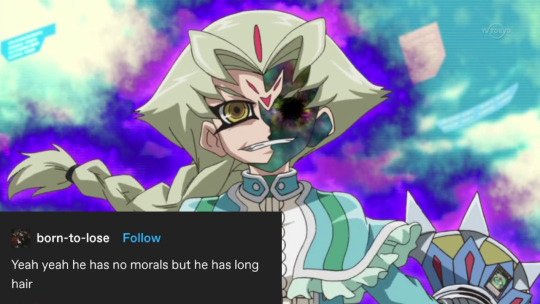
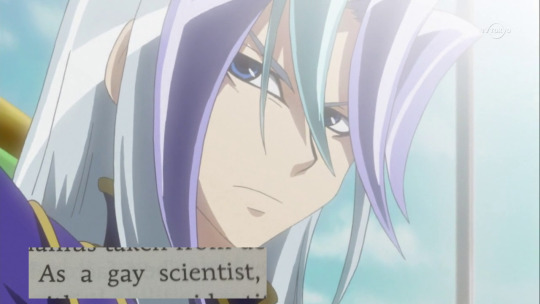
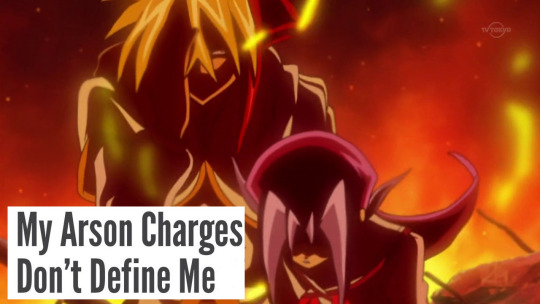

wow i love the arclights
#my post#iii#tron#v#iv#byron arclight#michael arclight#christopher arclight#chris arclight#rio kamishiro#thomas arclight#favorite character#zexal#yugioh zexal#ygo zexal#yugioh#it's the q-q-q-queue y'all#vextrix#quinton#quattro#trey
134 notes
·
View notes
Text
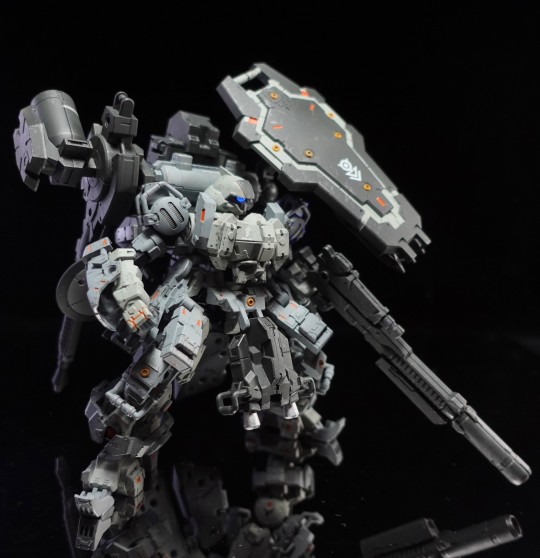
link
#チームバイロン#30MLミッション都市エリア#陸戦式重装甲ポルタノヴァ汎用型#mecha#mech#design#model kit#scifi#giant robot#robot#character design#Portanova#Byron#@n30RrVbZVRe2qoc
41 notes
·
View notes
Text
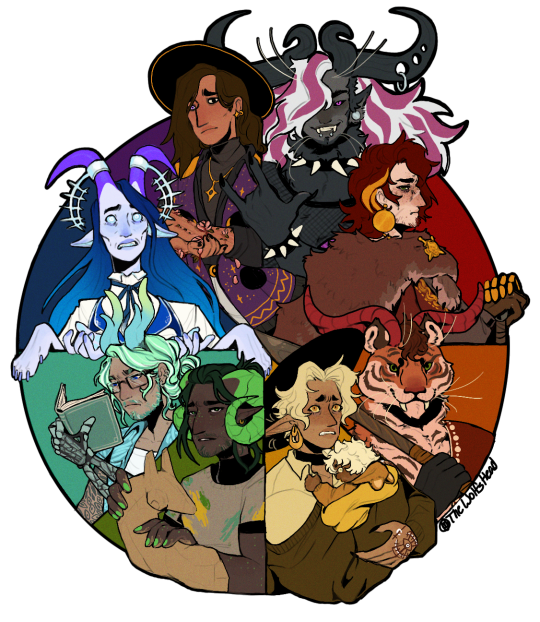
Probably the longest I've worked and a piece in a while, but I saw a few people do that color wheel character thingy, and I wanted to do one for some of my own characters as well! In order of pink to purple: Byron, Jasper, Bryte, Donovan(and Cyran), Rahal, Stag, Yzi, and Elliot.
#art#artists on tumblr#oc#color wheel challenge#oh that's what it's called!!#literally half are trans men. look I mainly make character for myself haha#I don't like this piece but it's done now. I'm free from it's grasp#c: byron#c: jasper#c: bryte#c: donovan#c: cyran#c: rahal#c: stag#c: yzi#c: elliot#tw blood#tw body horror
103 notes
·
View notes
Text
My last post about Byron got some discussion about how he stabbed himself with the pen, and whether we’re meant to take that as self-harm or punishing Tristan. I got reminded of this part of the compromise discussion:

Tristan considers how he felt about Byron spending so much time with Moonsong, and reflexively reaches out to where he felt Byron stab his leg. No matter what he says about the matter, I think he sees the long conversation with Moonsong as Byron punishing him, in the same way the pen-stabbing could be seen that way.
Tristan says he doesn’t care about what Moonsong says about him, but that seems like a pretty obvious lie. I don’t think you could avoid being upset if you were forced to watch as your brother and your teammate bond over how much they hate your guts, and then after said teammates casually admits to being incredibly homophobic, watch your brother stay with her for another several hours. Knowing you were there listening the whole time.
I've been thinking about how Tristan responded when he got control back in the morning:

Byron takes this all to mean Tristan can't stand listening to Byron. After all, Tristan is spending all the time complaining about the conversation, and not about Moonsong's homophobia. But wouldn't you expect him to be a bit upset about that? Isn't him not bringing it up at all, stumbling over himself trying to express indignation at anything besides Moonsong's homophobia, not incredibly revealing? Byron seems to be assuming that Tristan is being truthful when he says "she can say whatever she wants about me," but we know he's more sensitive about that he want's people to think. Byron knows too, considering how he earlier weaponized it:
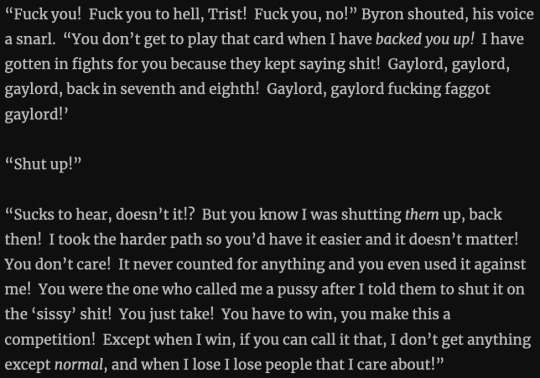
His brother shouting slurs at him was the first thing to put him on the argumentative backfoot in that fight. Byron brings up how Tristan called him a pussy after he told others not to call him a sissy—regardless of how that's a dick move, does he not realize Tristan was desperately trying to escape being the bullied school queer, trying to avoid showing that the insults got to him and positioning himself as one of the guys? Trying to force the words to be friendly ribbing instead of taunting jeers?
So how would he talk about the experience of his brother choosing to spend two hours with a girl who just admitted to despising him for being openly gay, desperately wanting to get away from all of it while forced to stay and listen— and for what? What could justify his brother sitting there despite everything and making him take it? He wouldn't fucking say why it drove him crazy. He would talk around it, complain about how boring it was— because why was his brother staying there despite what Moonsong said if they were going to talk about nothing, and Tristan didn't have anything to latch onto other than his useless desire to leave? He would say he was loosing his mind— because how else was he going to feel about his brother obviously crushing on this woman who hates him for who he is, hearing them talking about nothing, picturing them on future dates together and living with the indignity of it for who knows how long? Was he going to say no to who his brother wanted to be with? Was he going to be a sissy gaylord faggot about it?
He obviously wasn't motivated by careful consideration when he went out to lose himself in the party. But I think if I could reconstruct what he was thinking, it was that if he had to deal with his brother dating a homophobe while carrying around for the whole thing, then surely the door for whatever was open. Surely each brother could use their body for what they wished, and deal with what the other did without complaint. He could take Byron dating Moonsong. He could take Byron stabbing himself in the thigh. I think that was why he acted so shocked and betrayed by Byron going to Vaughn: sure it was subjecting you to something you didn't want to deal with, but isn't that the road we were going down anyway?
Tristan says he'd be fine with Byron dating Moonsong if it kept him sane, but that he needed to go out and prowl to stay sane himself. And it really seems like the thing that breaks him is the prospect of watching from behind his brother's eyes as Byron plays out a letters-and-sodas nothing-beyond-kissing-and-holding-hands romance of boring and innocent and good straight couples with smiling faces behind white picket fences. The mockery of watching as Byron plays out the normative dream, complete with the simmering homophobia, and Tristan being around for the whole thing without the possibility of escaping into his own world.

I'm not saying Byron was in the wrong for forcing the compromise. But if I was Tristan I would've tried to kill him too.
#i know i was saying that this didn't need to be setup so that a character wanting gay sex was necessarily a selfish and harmful desire#though the homophobic version we got is compelling in a way I don't know if alternative versions would be#This is the same author who gave us amy dallon that sort of thing is kind of a trend#leo says#leo reads ward#parahumans#tristan vera#byron vera#ward 9.x
65 notes
·
View notes
Text
it is so hard going through tumblr tags there are so many people being so wrong about classic literature
#so many woobifications of complex byronic heroes#he would not fucking say that#you’ve made a three dimensional character into a flat parody of itself cmon now
40 notes
·
View notes
Text
Who Betrayed Who? A Cult of the Lamb analysis/theory.
The Bishops and TOWW give the Lamb conflicting accounts of the events leading up to the schism. So what actually happened? Who betrayed who? And why? I have a theory.
Let’s start with what they each say regarding the schism and the decision to imprison TOWW.
According to Shamura:
“Our brother, The One Who Waits. Back then he was known by the name Narinder. But as millennia wore on, he grew discontent with his role. He began to question. He was gluttonous in his ambition. And in my imprudence I loved him. For it, I lost my mind. For it, he lost his freedom. Can you fathom such betrayal, Lamb? Of your own turned against you? Would you like to find out?”
“The blame hangs heavy 'round my neck. I introduced him to ideas of change; for my domain is knowledge, and it is ever evolving. An organic state of being for myself, but for him... most unnatural. Death cannot flow backward. It was I who had him chained.”
According to Heket:
"It was not so long ago that we cast out the Red Crown. A mere thousand or so years. The heresy it preached could not be tolerated. Such noxious ideals... it could not be allowed. For this most damning of sins, the retribution must be slow and painful...And with greed and ambition unchecked, it drew Godly blood."
According to Kallamar:
“Please know, it was not my idea to cast out the Red Crown! The other Bishops, my siblings, the blame lies with them.”
And finally, according to The One Who Waits:
“You see me here in chains, reduced to nothing. But it has not always been thus. I was bound to this wretched place by the Bishops of the Old Faith. They betrayed me and left me to rot. Each of the four chains that bind me are guarded by one of the Bishops.”
All of them are vague about what exactly went down. The only other hint we have comes from the monument by the gates: “Here godly blood was spilled. Here Death no longer wished to wait.”
So: what actually happened?
Haro has some answers. He gives us some insight to TOWW prior to the split:
"He was unalike the rest of his kin. While others dealt with flux; chaos, famine, pestilence, war. Things in which their constancy must transpose. And yet he was the inevitable; the obstinate and irresistible. The one who waits. Truly peculiar, 'twould then seem, has appetency to invite the novel and the new, break ancient vow and primordial bond alike. Traditions stagnate and appetites augment, nonetheless. Doubt tears faith asunder."
Along with:
"Bonds of familial duty, turned instead to chains. Most voracious of appetites, curbed and contained. Most infectious of ideas cut off and cauterised before given chance to rot and spread. Cruel, verily. Alas, what other recourse was given? How does one kill Death? ... Alas. One cannot."
Haro is, as far as we know, an impartial observer to what happened. (I think based on his dialogue and seemingly intimate knowledge of the conflict, he witnessed it— but that’s a whole different post.) So his account is the closest thing we have to a neutral perspective.
From Haro we learn two key things, both of which are confirmed by Shamura and Heket’s dialogue:
1. Narinder was dissatisfied with his role amongst the Bishops. He was naturally curious and ambitious, while his domain was the only “static” one among them. In essence— he was bored, restless, and potentially feeling undervalued.
2. He was imprisoned to prevent a heresy from spreading. Which heresy? The monument and Shamura’s comments make it clear: “Here Death no longer wished to wait.” “Death cannot flow backward.” Resurrection was the unforgivable heresy.
Narinder realized that each of his siblings, whether they recognized it or not, had dual domains. Kallamar’s followers prayed for protection from pestilence, Heket’s prayed for protection from famine. They could presumably give health/fertile fields as well as inflict the opposite on heretics. Leshy's chaos could have become order, but as a "young" god, he hadn't yet reached that point. Shamura has two separate domains entirely, wisdom and war.
Narinder just had death. Static, never-changing, and irritating for someone who enjoyed the “novel and new.” I think the fact he’s a cat reinforces this. There’s even a colloquialism about it: “Curiosity killed the cat, but satisfaction brought it back.”
After serving his role, he became restless. Shamura then encouraged him to experiment with his domain, by their own admission. Perhaps they didn’t actually think Narinder would succeed, or perhaps they felt bad he was stuck in a static domain when it didn’t suit his personality. The result was catastrophic in the eyes of the Bishops: Narinder gained power over both life and death.
Why was this such a damnable heresy that it destroyed their family? A few reasons: the ✨Prophecy✨ Shamura (presumably) received, the implications of resurrection in the world of CotL, and what I think might be pre-existing divides within their family. This is where we start to delve into personal headcanons and theories, so hang in there for a second:
Narinder is the most powerful of his siblings. Full stop.
He is the hardest boss fight by far, even though he’s been chained for a millennia. You could argue that he’s empowered by the Lamb’s/cult’s devotion, but there’s a key flaw there: he imprisons the cult during the final battle, and blatantly turns against the Lamb. All devotion from the cult vanishes in that moment because the followers are very clearly pulling for the one fighting to save them: the Lamb.
So, Narinder was powerful. The most powerful. Perhaps he became the God of Death because he was instrumental in killing other gods prior to their ascension. He had a clear interest in necromancy and the world beyond, if we can assume the necromantic weapons are his. (Which they are strongly implied to be by their item descriptions.) So when they ascended, he had a fascination with death and was probably very, very good at killing— so Death initially made sense as his domain. However, Narinder was curious and creative and restless. He eventually got bored and likely began to resent his family. The most powerful of the Bishops, not capable of doing anything but waiting.
Then there was the family dynamic. Kallamar was afraid of Narinder. Heket seems antagonistic towards him. Leshy didn’t seem to have much of a relationship with him. So it’s entirely possible that resentment could have eventually led to a betrayal on Narinder’s part. But one thing held him back: Shamura.
I think Narinder was beginning to drift from his family, but turned to his eldest sibling because he still had great love for them. Shamura encouraged him to experiment, which was ultimately successful— one can presume he was intensely proud of discovering resurrection. He saw it as his crowning achievement and his way of finally leveling the scales between the five of them.
His siblings saw it differently. In the world of CotL, willing and unwilling sacrifices directly feed a god's power. Resurrection, perhaps in their minds, cheapened or weakened this power. Or, if we go with the theory that Narinder was the objective strongest, resurrection made him so powerful it scared them. If he can essentially grant eternal life to his followers, what’s to stop him from usurping our worship entirely? What's to stop a god of life and death from doing away with the others?
I think the prophecy was Shamura’s attempt to calm Heket, Kallamar, and Leshy’s fears regarding the discovery. Perhaps they had a way of divining the future— and received the aforementioned ✨Prophecy✨.
In turn, it convinced Shamura that the only way to preserve the majority of their family would be to get rid of Narinder. Haro’s dialogue strongly implies they discussed outright killing him, but realized given his domain it would be impossible. Imprisoning him was the only alternative, the only way to keep word of resurrection from spreading.
So. Who pulled the trigger first? Did Narinder actually plan to usurp his siblings, and the Bishops stopped him before he could? Or did Shamura completely blindside their brother?
I think the truth lies somewhere in the middle. I believe a betrayal was inevitable. Had the Bishops forbid resurrection and then left Narinder to his own devices, his resentment and pride probably would have eventually won out. Most of the affection they had for each other as mortals was beginning to wane, in part because they already seemed to look at him as a threat. If you treat someone like a loaded weapon, eventually they’ll decide to become one.
But I think at the true moment of the betrayal, it was Shamura.
They admit to being the one who made the final call, and also the one who encouraged him to experiment resurrection to begin with. Narinder was the closest to them in personality, and they seem to be the closest out of the five. (Some have even pointed out that TOWW chose not to watch Shamura fall to the Lamb— his dialogue as a follower implies he doesn’t know what their last moments were like, though he happily watched the others fall through the Crown.)
The most damning piece of evidence in my mind of Shamura being the true betrayer is the nature of their injury: Narinder split his favorite sibling’s skull.
The only one who outright says they loved him deeply. Because Narinder loved them, too, and in the moment of betrayal the worst of his pain and rage was directed at them. The one sibling he never thought would be capable of doing that to him. The one sibling who encouraged him to take this path, then brutally punished him for it.
As Shamura says, the two of them paid the heaviest price. The blame hangs heavy around their neck, because Shamura — the eldest and wisest of their family — set them all on the path of complete destruction.
Narinder, to me, is an excellent Lucifer allegory. Some will look at his very clear pride and say he deserved it— others will point out his true crime was challenging the existing status quo and trusting the person he loved most to listen.
#cult of the lamb#cotl spoilers#cult of the lamb spoilers#cult of the lamb theory#cotl narinder#cotl shamura#cotl bishops#narinder#shamura#the one who waits#the bishops#tbf i am a narinder apologist bc I love a good Lucifer allegory and Byronic character#and I would argue he fits both#excited to see if we get any additional characterization or information in the update#my posts#i think about this game way too much
195 notes
·
View notes
Text
[ FE4 Character Impressions 9 - I draw want I want 😎 ]
I thought #8 was the last one, but Gen 2 have a severe lack of WAVY HAIR SUPREMACY, so here were are. 💁♀️
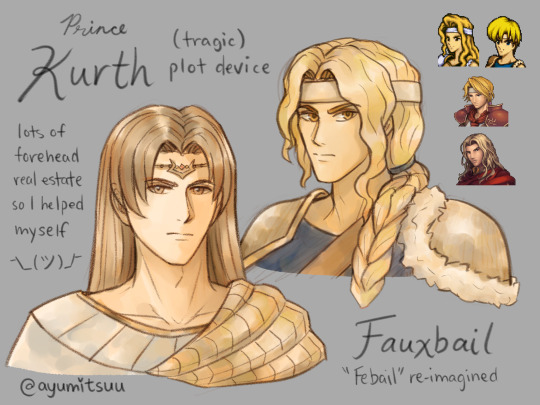
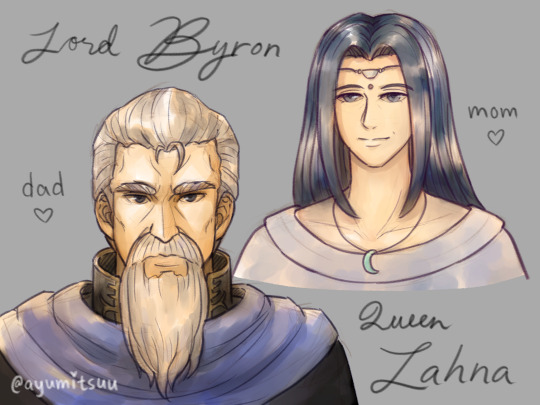
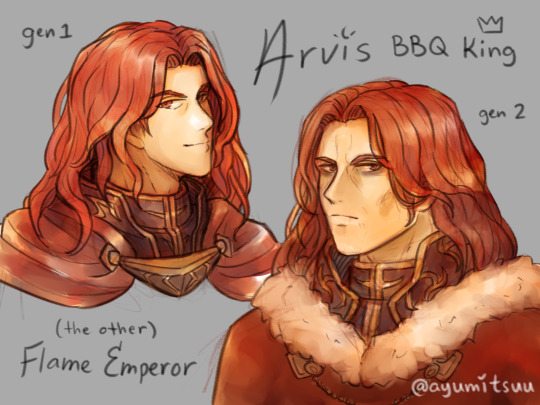
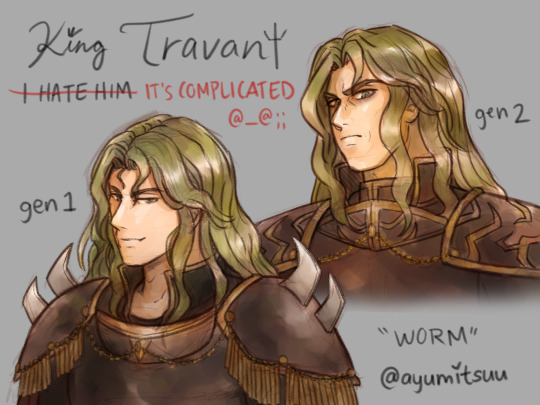
- Poor Kurth, you read about how he’s pretty much a genius, but he doesn’t get to do anything u_u;
- Azmur sucks (ye, I said it), I refuse to draw him
- Febail’s fine but I really wanted a beautiful blond braid-bearing boy with a bow as Brigid’s son, with matching blue hair ties with Patty
- I love drawing Byron, because he’s very close to old Hector with grey hair, also because Byron is the best 😤
- when Siggy had that touching moment where he said Lahna was like a mom, I immediately shipped it ;’D (Byron x Lahna)
- no wonder everyone wanted Arvis for emperor, Azmur sucked, Kurth got hit by the plot hammer, man’s got it all: brains, power, and looks (pretty hot amirite? ❤️🔥 …too soon? 🤪)
- headcanon that Gen 2 Arvis has the worst eye bags
- Gen 1 Travant was a ladykiller (literally and metaphorically), just look at the smirk on his portrait 😏
- so I thought I’d hate Travant irrevocably after he killed my fav couple, took their daughter, and pretended to be her real dad… but I was wrong. I still don’t really understand how I feel about him. He can’t be forgiven, and yet… I don’t hate him 🫣 FE4 is wild, man…
- one thing I really like about Travant is how smart he is, intelligent enemies that are calculating and don’t underestimate you are the most terrifying
Travant: “WORM.”
Me: hehe, “Wyrm.” *gets impaled by Gungnir*
Look how similar these bad boys are. I swear they were swapping hair care tips in their younger days.




#fe4#fire emblem#geneology of the holy war#first playthrough#first impressions#ayu plays fe4#feh#fe heroes#ayu draws fe4#character impressions#prince Kurth#febail#lord byron#duke byron#queen Lahna#arvis#fe arvis#arvis fire emblem#travant#wavy hair supremacy#the dads are hot in this game#most of the moms are dead but I’m sure they were killer too
38 notes
·
View notes
Text

“Has anyone ever told you how lovely your eyes are…?”
“…”
#Whatever’s happening is up for interpretation~#AAAAHHHH THIS TOOK 15 HOURS OKAY…. OKAY…..#my body hurts /pos#im normal. i promise im normal. ive never told a lie in my life.#admittedly I got a little bit lazy with the background but :))#the characters have to pop out anyway#Cassie Haversham#Byron Brimstone#Neath!#Fallen London#Mask of the Rose#The Stupendium#others ocs#illustration#comic#comic panels#digital art#The Kiwi Draws
76 notes
·
View notes
Text


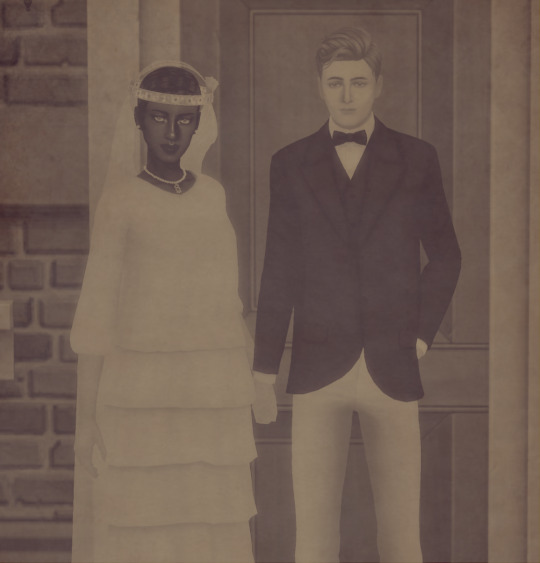
Mr. and Mrs. Walsh on their wedding day, September 1920
Byron Walsh and Stella Gardenhouse married in a simple courthouse ceremony attended only by Gardenhouse's brother, cousin, and mutual friend Campbell Carmichael. The elopement was a great surprise, and while not illegal in the state of New York, many were shocked that a wealthy black woman had married a middle-class white man. Stella chose not to change her last name to her husband's.
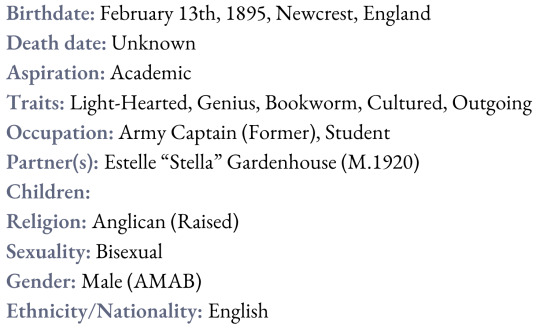
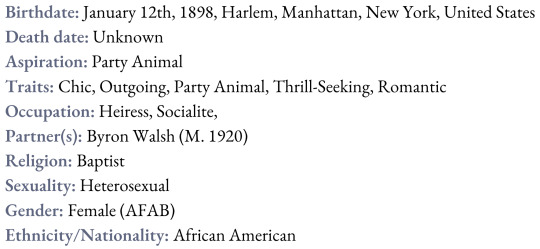
#the walshes#the walsh legacy#the walsh legacy characters#ts4#the sims 4#sims 4#sims 4 decades#sims 4 historical#sims 4 decades challenge#ts4 story#history simblr#sims 4 history challenge#ts4 historical#ts4 decades challenge#byron walsh#stella gardenhouse#1920s#ts4 1920s
26 notes
·
View notes